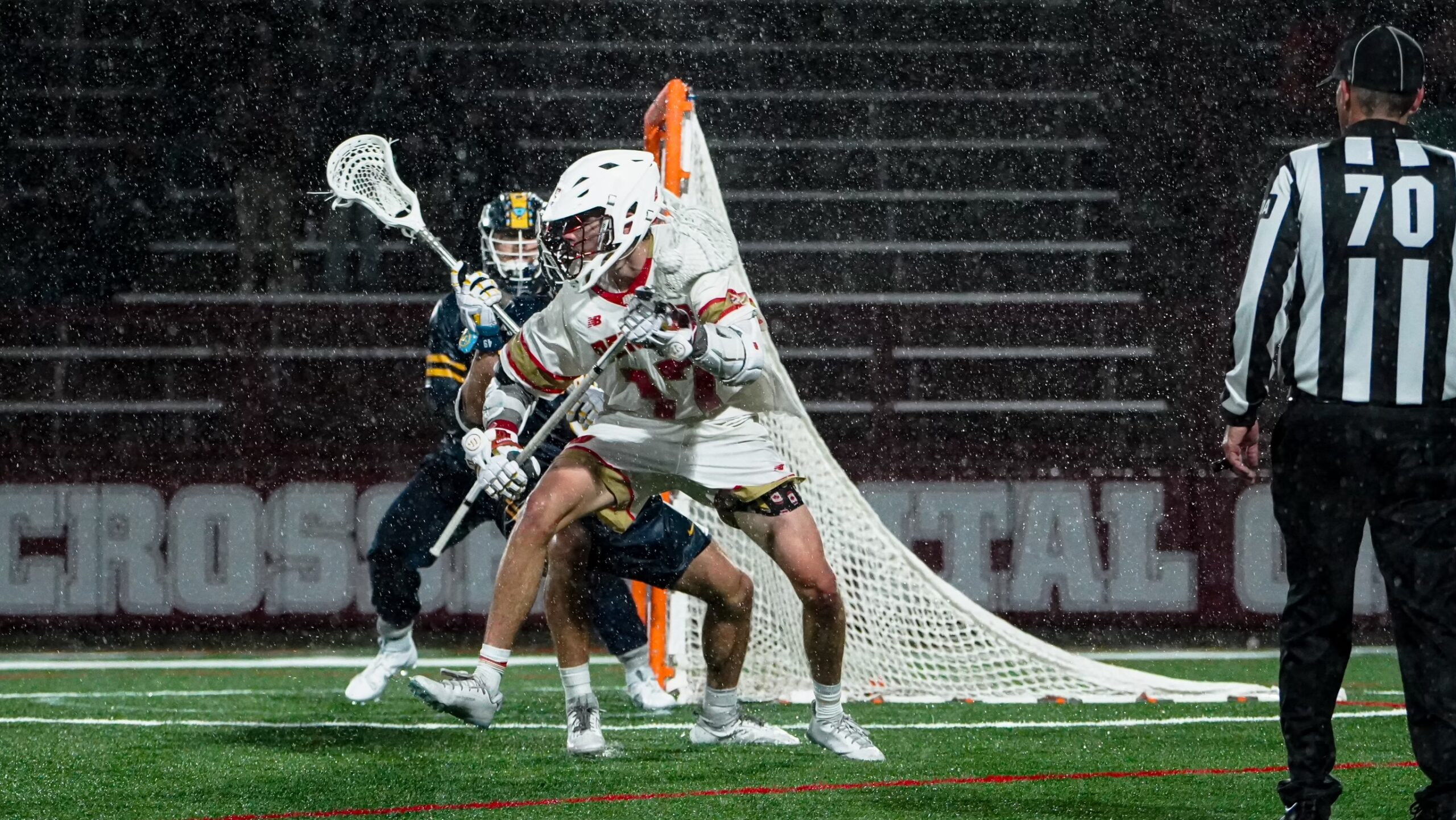Students erected 10 tents in memory of the famous Woodstock West on Driscoll Lawn last Thursday to protest the war in Iraq just as the 1970 event protested the war in Vietnam.
The 24-hour event ended on Friday at 5 p.m. with closing speakers Carl Bruning, from the Ron Paul campaign and Imam Ibrahim Kazerooni, an Iraqi imam and refugee.
“Obviously this one act won’t end the war, but it’s important to get people talking about it. Our campus is apathetic and it needs to be discussed,” said freshman Lauren Golder.
Golder was among the student campers at the event who camped overnight to protest, learn and communicate in an act of non-violence civil disobedience.
Students at the protest all seemed to be affected in some way by the war, whether it was because they lost someone or the weakened economy.
“A girl I know fairly well from high school, [said] her boyfriend got injured,” said freshman student Read Trammel, telling how the war has affected people he knows.
Student Ian Murdock knows of people who served their time and came home, expecting to get a break but were sent back to Iraq almost immediately.
The idea for this protest came from the anniversary of Woodstock West, which was an event that occurred on the DU campus on May 8, 1970 to protest the Vietnam War.
After the National Guard killed four Kent State students during a protest march on May 4, 1970, universities across the nation erupted in protest against the war.
DU was among these universities, as students and professors called a strike to stop classes so a protest could take place.
The protest was held where Penrose Library now stands.
“There were tents where yours are now,” said Sheila Schroeder, professor in the Department of Mass Communications and Journalism Studies.
The National Guard came twice to end Woodstock West.
Tents erected by students were eventually bulldozed to end the protest.
“Non-violence civil disobedience is the best way to protest, anytime violence is involved you are becoming what you’re fighting against,” said Golder.
Schroeder talked during the event to teach the impact and effects of non-violence.
Students saw images of Woodstock West to gain inspiration for their cause.
“When we find compassion for each other, we end wars,” Schroeder said of how a nonviolent protest can help stop the war in Iraq.
As part of the protest, students attended lectures and seminars to learn about Iraq and the Middle East.
Topics included learning about torture, faith perspectives, Woodstock West, media, refugees, the Patriot Act and U.S. Middle East policy.
Art and music also helped create dialogue about the issues of the war, including a spray-painted wooden plaque displayed in front of the tents.
Early Friday morning the campers participated in a peace march around the DU community.
“It’s the way to make change. You change people’s











